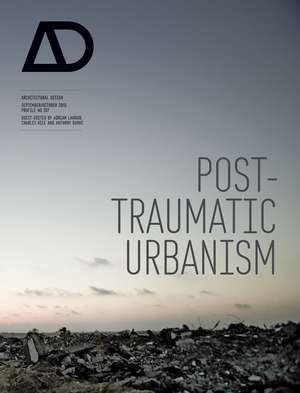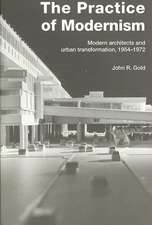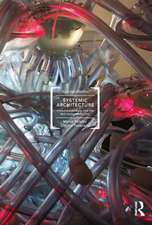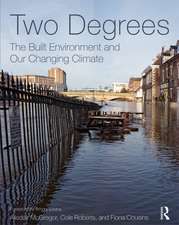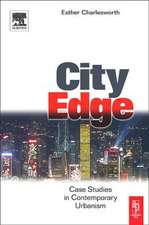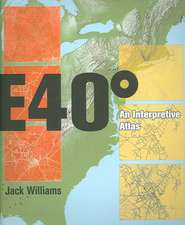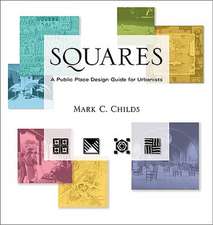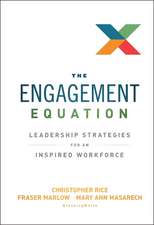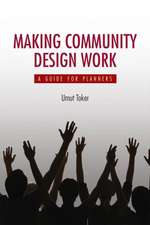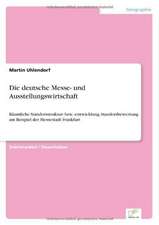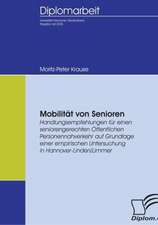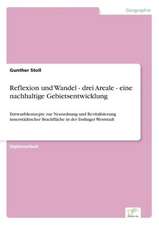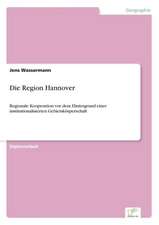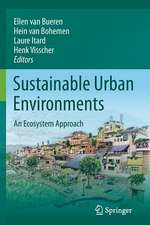Post–Traumatic Urbanism – Architectural Design
Autor C Riceen Limba Engleză Paperback – 23 sep 2010
Urban trauma describes a condition where conflict or catastrophe has disrupted and damaged not only the physical environment and infrastructure of a city, but also the social and cultural networks. Cities experiencing trauma dominate the daily news. Images of blasted buildings or events such as Hurricane Katrina exemplify the sense of 'immediate impact'. But how is this trauma to be understood in its aftermath, and in urban terms? What is the response of the discipline to the post-traumatic condition? On the one hand, one can try to restore and recover everything that has passed, or otherwise see the post-traumatic city as a resilient space poised on the cusp of new potentialities. While repair and reconstruction are automatic reflexes, the knowledge and practices of the disciplines need to be imbued with a deeper understanding of the effect of trauma on cities and their contingent realities. This issue will pursue this latter approach, using examples of post-traumatic urban conditions to rethink the agency of architecture and urbanism in the contemporary world. Post-traumatic urbanism demands of architects the mobilisation of skills, criticality and creativity in contexts in which they are not familiar. The post-traumatic is no longer the exception; it is the global condition.
Preț: 236.27 lei
Nou
Puncte Express: 354
Preț estimativ în valută:
45.22€ • 49.10$ • 37.98£
45.22€ • 49.10$ • 37.98£
Carte tipărită la comandă
Livrare economică 22 aprilie-06 mai
Preluare comenzi: 021 569.72.76
Specificații
ISBN-13: 9780470744987
ISBN-10: 0470744987
Pagini: 136
Ilustrații: black & white illustrations, colour illustrations, maps
Dimensiuni: 210 x 275 x 7 mm
Greutate: 0.57 kg
Editura: Wiley
Locul publicării:Chichester, United Kingdom
ISBN-10: 0470744987
Pagini: 136
Ilustrații: black & white illustrations, colour illustrations, maps
Dimensiuni: 210 x 275 x 7 mm
Greutate: 0.57 kg
Editura: Wiley
Locul publicării:Chichester, United Kingdom
Cuprins
Descriere
The special issue gathers a range of creative and provocative contributions to examine the urban impact of trauma. These contributions go beyond architecture's agency as a reflex action in disaster response to probe the wider disciplinary and practical questions of design in the aftermath.
